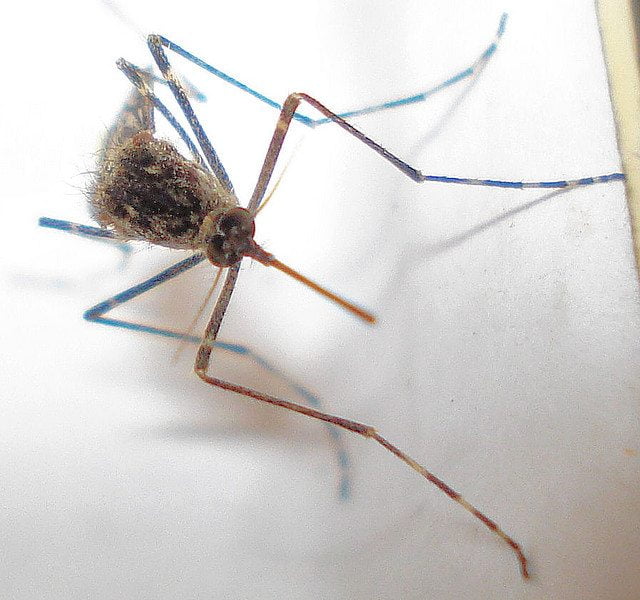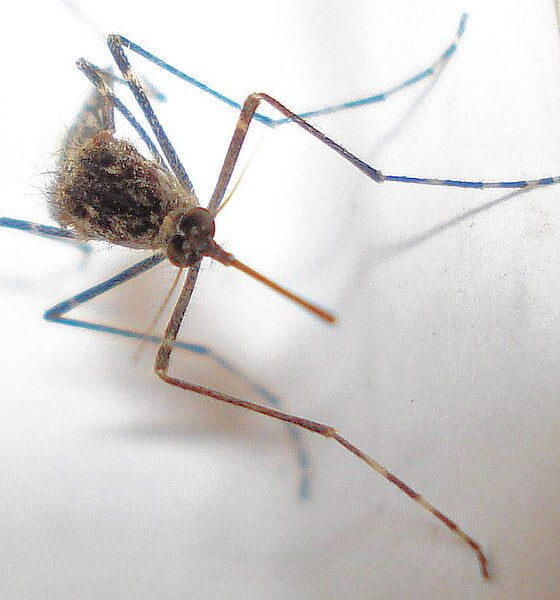

Environment
Immune children help scientists fight malaria
A group of children from Tanzania immune to malaria are helping US researchers in their attempts to find life saving treatments for the disease.
The researchers in the US have found that they produce an antibody that is capable of attacking the malaria causing parasite. Injecting the antibody into mice has already prevented the animals from protracting the disease.
According to the results published in a journal, the vaccine still needs to be tested on primates and humans in order to fully assess the success of the medication.
Professor Jake Kurtis, director of the Center for International Health Research Brown University School of Medicine, said, “I think there’s fairly compelling evidence that this is a bona fide vaccine candidate.
“However, it’s an incredibly difficult parasite to attack. It’s had millions of years of evolution to co-opt and adapt to our immune responses – it really is a formidable enemy.”
The children subjected to the study had regular blood samples taken in the first few years of their lives. Some were discovered to be immune to the disease despite areas they lived being heavily effected.
“There are some individuals who become resistant and there are some individuals who do not become resistant,” explained Prof Kurtis.
“We asked what were the specific antibodies expressed by resistant children that were not expressed by susceptible children.”
Malaria, which is carried by mosquitoes, is expected to be a growing problem in UK cities as a result of warming cities, according to a recent report by researchers at the University of Reading. Milder temperatures are predicted to bring a change of behaviour in mosquitoes, leading to an increased vector of the disease.
In 2010, the World Health Organisation (WHO) predicted that the disease killed as many as 1.2 million people world-wide.
Photo: Mick Talbot via Flickr
Further reading:
Warming UK cities could attract mosquitoes, says new study
Dengue fever outbreak ‘imminent’ in Europe because of climate change
Climate change could put million more at risk of malaria
Healthy Planet UK conference: is climate change bad for your health?
Mass migration and social unrest: why the west should care about climate change


 Environment12 months ago
Environment12 months agoAre Polymer Banknotes: an Eco-Friendly Trend or a Groundswell?

 Features11 months ago
Features11 months agoEco-Friendly Cryptocurrencies: Sustainable Investment Choices

 Features12 months ago
Features12 months agoEco-Friendly Crypto Traders Must Find the Right Exchange

 Energy11 months ago
Energy11 months agoThe Growing Role of Solar Panels in Ireland’s Energy Future




























